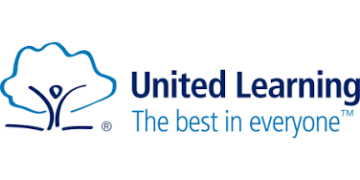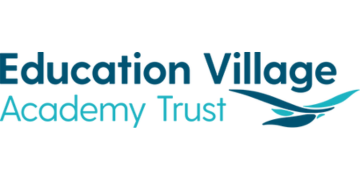Teacher workload and reforms to GCSEs and A-levels are affecting examiner recruitment.
Union officials, school leaders and examiners have lined up to call for a change in approach after the organisation representing the four big exam boards admitted workload was a “barrier” to recruitment at a time when reforms mean more examiners are needed.
Speaking at a recent Westminster Education Forum seminar, Darren Northcott, a representative of the NASUWT union, warned the shortage of teachers willing to take on exam marking will continue to worsen unless the teacher “workload crisis” is addressed.
Increasing and sustaining the recruitment of examiners and driving down “excessive and unnecessary” teacher workload are “two sides of the same coin”, he claimed.
“The way we design, implement and monitor our exam system must have considerations around teacher workload at its heart,” he said.
“If you want to recruit more teachers to mark exams, you have to start by understanding that many are struggling to manage their roles as teachers never mind taking on additional tasks and responsibilities.”
The way we design, implement and monitor our exam system must have considerations around teacher workload at its heart
At the same event, Helen Pike, master of the private Magdalen College School in Oxford, pointed out that while teacher workload is “the biggest barrier” to exam marking, pay is another problem. Rather than paying per script, a fixed fee would be “more dignified”.
“The only other time I have been paid like that was when I was planting seedling or packing lettuces in a market garden,” she said.
She wants exam boards to think about how to retain those teachers who have marked papers in the past too, rather than just focusing on recruiting new examiners.
“Every time a specification changes we haemorrhage experts, examiners are going to ask themselves every time if they can be bothered to retrain to embrace the new qualification.”
A report published last January by the Joint Council for Qualifications, which represents AQA, Edexcel, OCR and WJEC, found that around 34,000 individuals – the vast majority of whom are practising teachers – were required to mark the exam papers of around two million pupils last year.
It is understood this target was met, though fresh reforms have increased the number of examiners that the system requires. Around 50,000 examiners will be needed this year, a JCQ spokesperson told Schools Week.
Recruiting sufficient numbers of examiners is “always a challenge”, he said, acknowledging that workload is having an impact.
“JCQ, its members and school leader associations have actively been highlighting the benefits of being an examiner, both to the individual teacher and the school or college. Teacher workload is a barrier for many wanting to examine, but many school leaders are being innovative in how they support their teachers, for example setting up examining stations within a school.”
Paula Goddard, a senior examiner and fellow of the Chartered Institute of Educational Assessors, told Schools Week the current approach “is just not going to work any longer”.
“If exam boards want to carry on using teachers as examiners, they don’t just need to need to encourage teachers, they need to encourage the entire school,” he continued.
Some headteachers have stopped giving permission for their staff to be examiners as workload has increased, she said.
In these circumstances exam boards need to “step in”, and offer schools something in return for their teachers’ time and effort.
They could help with invigilation, offer new techniques or technology to speed up mock exam marking, or provide supply staff to cover classes. Just paying for exam scripts to be marked is no longer enough, she said.
“After all it’s their exams, why aren’t they supplying the entire infrastructure that goes with the exam process?”






Yet I keep seeing messages on an exam board chatroom from experienced examiners wondering why they have not been invited this year, and other people have told me that it is because of the abolition of AS levels as part of the A level, which makes sense. So I really wonder whether this news item about the need for more markers is true.
Exam Boards rake in huge sums each year from exam fees, most under the cloak of charitable status. Yet examiners and all associated functions still continue to be zero hours contracts with poor pay accompanied by statements about what great professional development working for next to nothing is. Why is that?